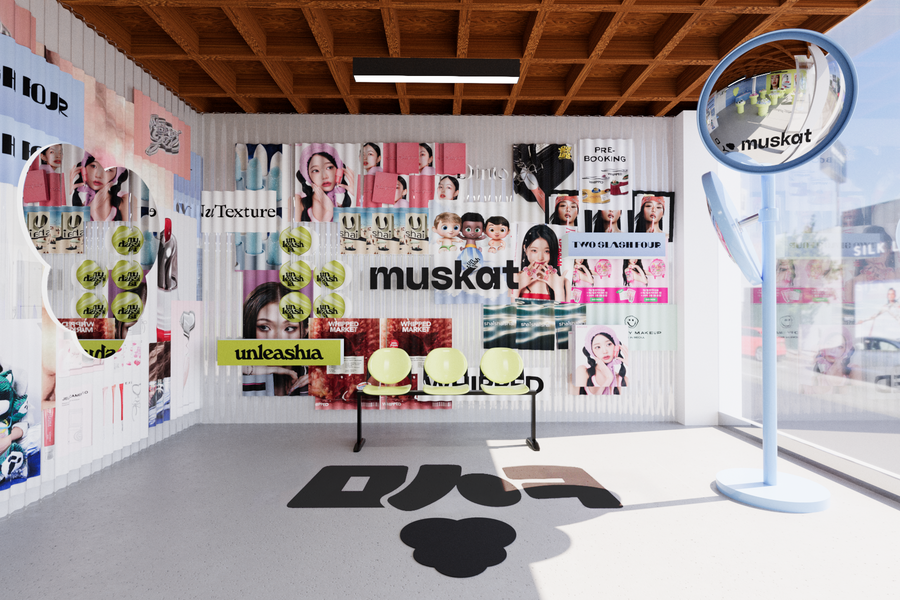
Meet The New Platform From An Ex-Amazon Business Manager Bringing K-Beauty’s Next Icons To America
Move over Medicube, Beauty of Joseon and Biodance, Muskat is introducing more South Korean brands to America to be part of K-Beauty’s second wave.
Kicking off today with a five-day pop-up in the West Hollywood neighborhood of Los Angeles, the curation platform is starting with South Korean beauty brands new to the United States, including smaller, founder-led makeup brands Amuse, Entropy, Two Slash Four, Unleashia and Dinto alongside skincare brands Whipped, ShaiShaiShai and Nutexture.
“I’m showcasing K-Beauty 2.0. All eight brands…are not necessarily viral through TikTok or Instagram, but they are big in Korea,” says Daniella Jung, founder of Muskat and Nutexture, a 3-year-old face and body brand with nine products priced from $29 to $45.
To draw shoppers to the pop-up, Muskat is offering 20% off its products, tiered gifts-with-purchase after customers spend $50 and $100 and a welcome gift worth $50 for the first 50 customers visiting it each day. It’s running paid advertising on Meta, Google and TikTok and has partnered with English language-speaking Korean influencers to create social media content.

The pop-up’s guest list includes roughly 150 beauty influencers, notably Darcei Giles, who has 992,000 followers on Instagram, 3.87 million subscribers on YouTube and 2.2 million followers on TikTok, where her videos featuring South Korean beauty brand Tir Tir’s Mask Fit Red Cushion Foundation helped the product go viral. It’s also hosting a makeup demonstration from Two Slash Four founder and Korean beauty vlogger Risabae, who has 2.58 million YouTube subscribers, 330,000 TikTok followers and 1.2 million Instagram followers.
Beyond pop-up installations, Muskat will ready brands for U.S. expansion by devising go-to market strategies that focus on channel and marketing tactics. Its parent company, Seoul-based beauty distributor Most Inc., which Jung started in 2019, scouts brands back home for it. Muskat plans to add brands to its roster every quarter.
“The U.S. is a huge, huge country,” says Jung. “You need to work with the right agencies when it comes to influencer marketing and PR strategy, but they [Muskat brands] don’t have that capacity.”
“I’m showcasing K-Beauty 2.0.”
Jung, who was Amazon’s business development manager in South Korea from 2015 to 2017 and brought on board Beauty of Joseon, Cosrx, Skin Food and Mediheal, knows a thing or two about placing South Korean beauty brands in American retailers. Most Inc. distributes buzzy K-Beauty brands like Cosrx, Biodance, Tocobo, Some By Mi, Celimax and Torriden in the U.S. Costco and Urban Outfitters are in the company’s retail network. It generated $24 million in 2024 sales and is forecasted to hit $50 million in 2025 sales. Today, there’s 20 people on its team.
To assist in getting Muskat off the ground, Jung will soon be relocating from Seoul to Los Angeles. Currently operating the business solo, she plans to hire between 15 to 20 people within the next two years to build Muskat’s retail business.
Betting that South Korean skincare brand’s growth will eventually stall, Jung placed an emphasis on makeup in Muskat’s debut assortment. She points to the popularity of South Korean pop stars and K-Beauty makeup tutorials as evidence of beauty shoppers’ burgeoning fascination with the category in addition to long-trending makeup styles like the “clean girl” aesthetic.
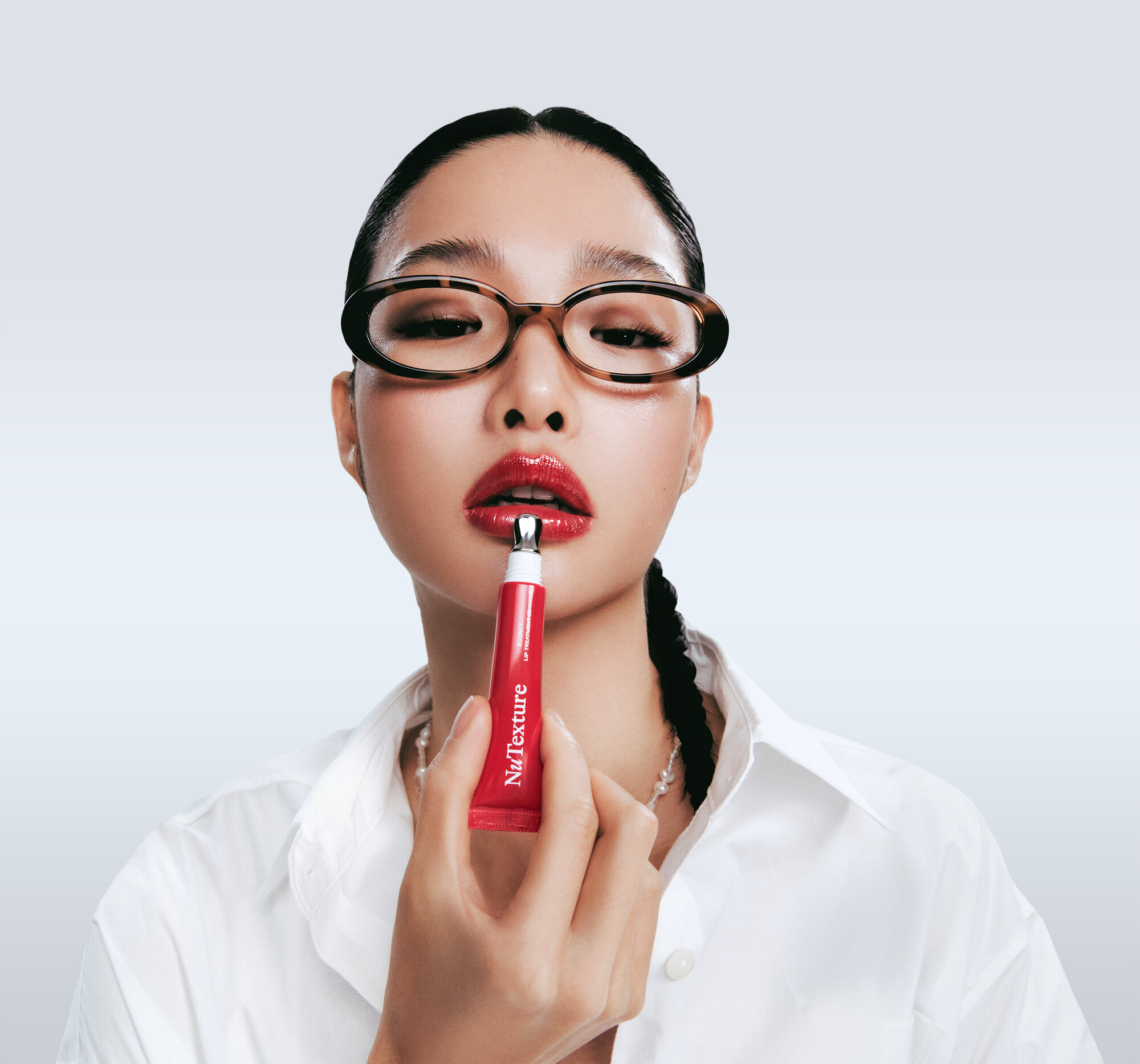
“2025 and 2026 will be very important years. Cosrx, Beauty of Joseon, Biodance, Anua, those are the really big names in the K-Beauty sector, but I feel like growth will be limited because they’re already really big,” says Jung. “I want this industry to become bigger on a different scale. I think it has to be driven by another category.”
Brands in Muskat’s selection don’t have to be fully operationally ready for U.S. expansion, but they must have strong founders that can withstand pushback from customers and influencers, particularly when it comes to inclusive complexion ranges. K-Beauty brands have been historically criticized in the U.S. for failing to have darker complexion product shades. Aiming to avoid shade range controversies, Jung selected makeup brands like Entropy developing broad complexion ranges for the U.S. Known for its brow kits and glossy lip tints, Entropy is unveiling a cushion foundation range with over 20 shades this summer.
Muskat is premiering as interest in K-Beauty continues to grow, and products associated with it like hydrogel masks, toner pads, PDRN-infused collagen creams and cushion foundations are big on TikTok. According to market research firm NIQ, in the 52 weeks ended Feb. 22, K-Beauty sales in the U.S. spiked 33.4% to $1.52 billion. Riding the K-Beauty wave, Ulta Beauty and Sephora have picked up brands such as Anua, Aestura, Biodance, Rael, Ma:nyo, Mediheal, Skin1004, Dearcloud and Knours. Beauty of Joseon is expected to launch at Sephora this summer.
“I want this industry to become bigger on a different scale.”
South Korean beauty retail behemoth Olive Young recently established a U.S. subsidiary in Los Angeles as it sets the foundation for expansion in the country. Details of its U.S. store rollout plan are under wraps. Jung argues Olive Young has to maintain affordability to compete with huge players, from beauty specialty chains to Amazon, in the U.S.
“If you go to Olive Young, you will see a ton of local brands that are very, very affordable and a lot of promotion going on. If they can bring right brands and set up a really good pricing strategy, I think it would be a fun retail experience that doesn’t exist in the U.S,” she says. “But I don’t know, if you have to run a business in the U.S. with labor costs and everything, it will be more expensive.”
K-Beauty brands are facing heightened economic headwinds this year as a result of the 10% baseline tariff that President Donald Trump put into effect for international countries across the globe in early April. Although the U.S. Court of International Trade moved to block the tariffs, an appeal from the Trump administration almost immediately reenacted them, albeit on a temporary basis. The tariff rate on South Korea could go up to 25% if Trump decides to implement “reciprocal tariffs” he paused for three months on April 9.
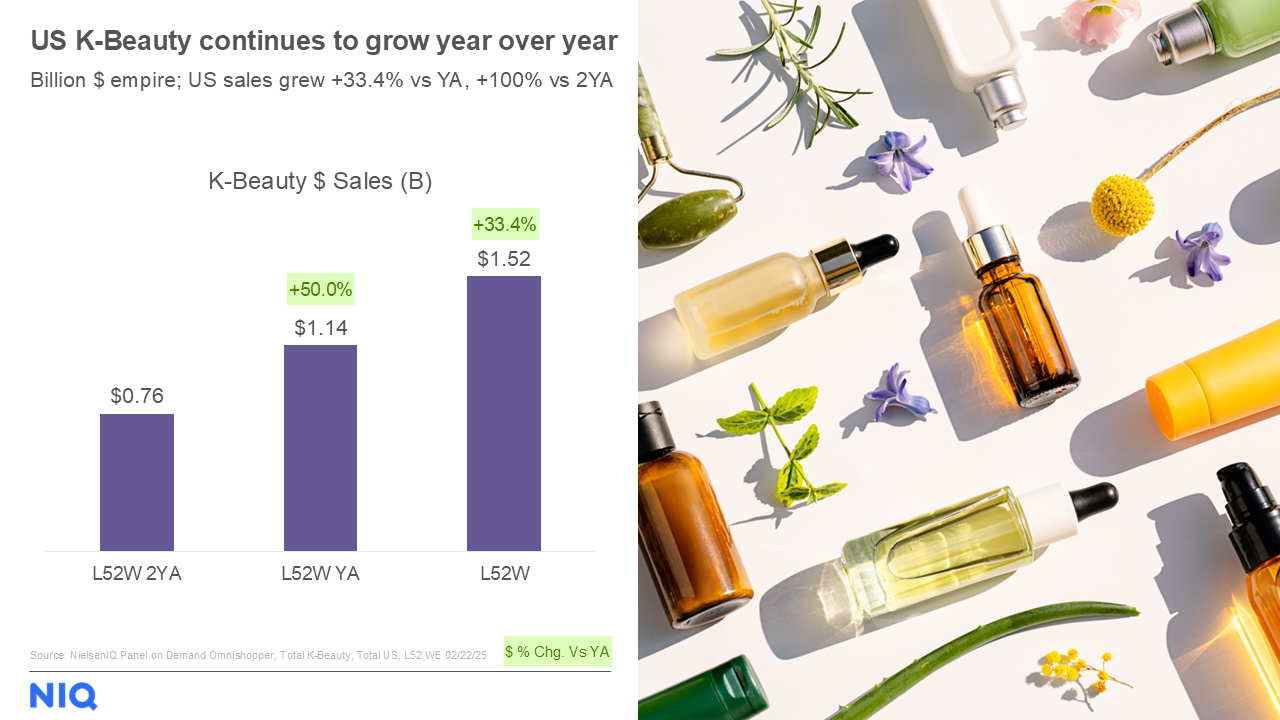
Although K-beauty brands VT Cosmetics, Medicube and Anua have largely absorbed extra costs associated with the tariffs, other brands have been forced to raise prices in response to the tariffs. Glow Recipe announced in May that it would increase the prices of its bestselling Watermelon Toner, Dew Drops and Hue Drops by $1. Jung believes South Korean beauty brands with lower brand awareness will elevate prices to shore up their bottom lines this year.
For Most Inc., the 10% baseline tariffs have already made a dent in profits. Still, Jung remains dedicated to driving her businesses forward stateside. She says, “If it goes more than 10%, I don’t know what I’m going to do, but business has to keep moving on, and we have to bring more brands into the U.S.”
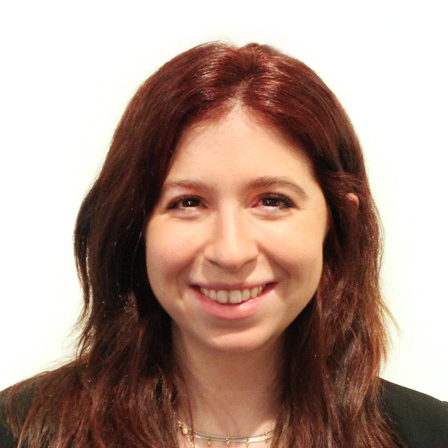
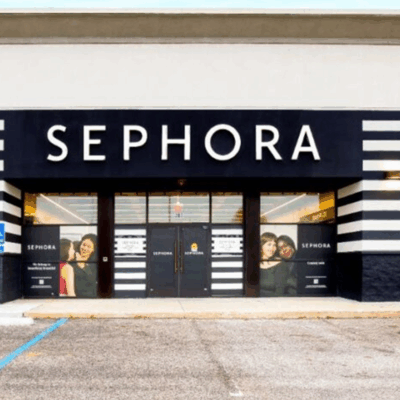
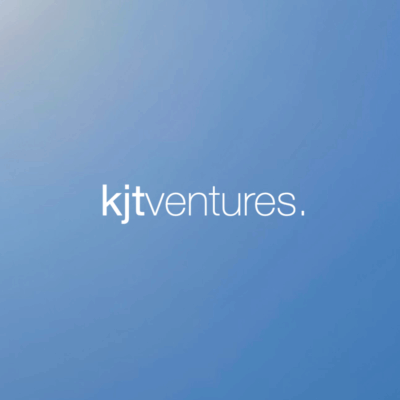
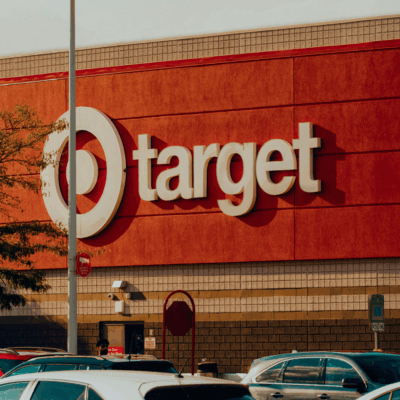
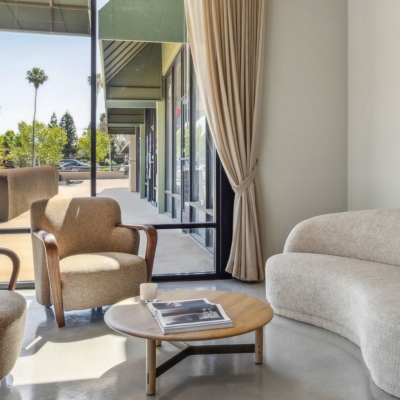
Leave a Reply
You must be logged in to post a comment.